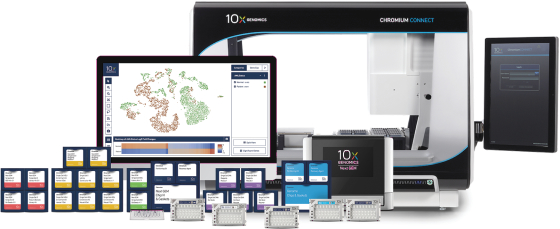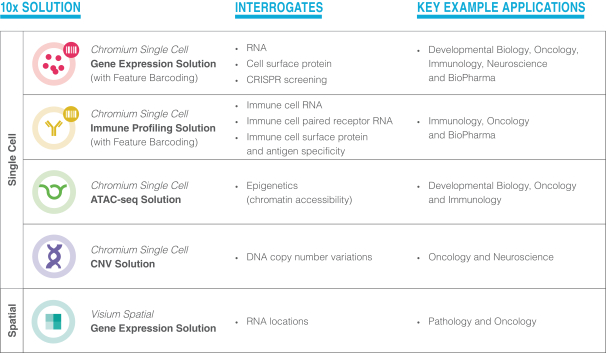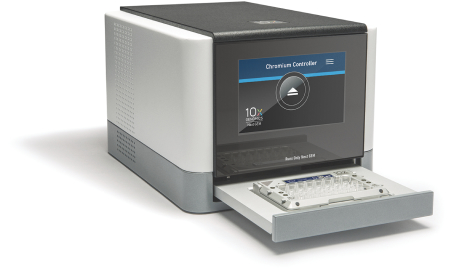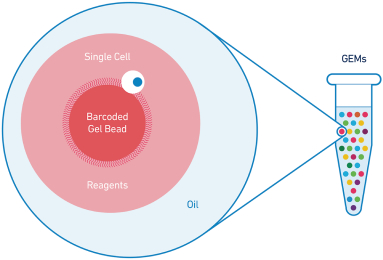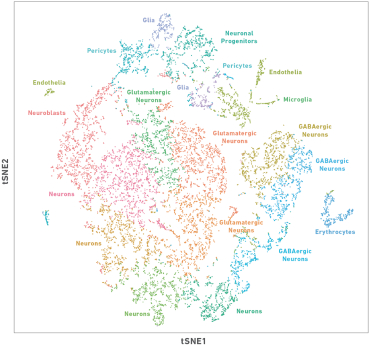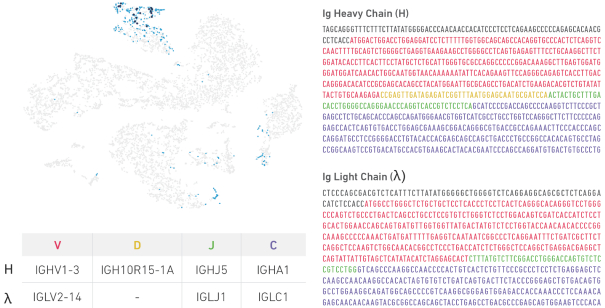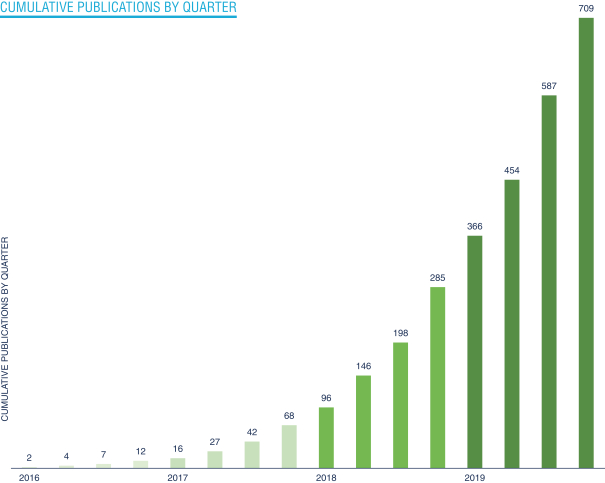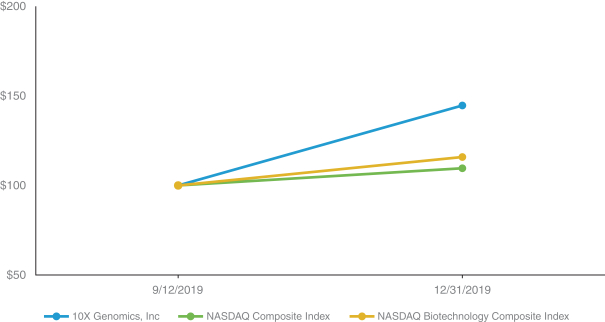We are currently appealing the Court’s ruling. If we are prohibited from selling our products in Germany, or if our products are recalled in Germany, our business, operations, financial results and reputation could be adversely impacted.
The 2018 Delaware Action
On October 25, 2018,Bio-Rad filed suit against us in the U.S. District Court for the District of Delaware, alleging that substantially all of our products, including our GEM products and Next GEM products, infringe U.S. Patent Nos. 9,562,837 and 9,896,722.Bio-Rad seeks injunctive relief, unspecified monetary damages, costs and attorneys’ fees. Discovery is in progress. A trial is scheduled in September 2021. If we are found to infringe these patents or if we are prohibited from selling our products, our business, operations, financial results and reputation could be significantly adversely impacted.
The Massachusetts Action
On September 11, 2019,Bio-Rad filed suit against us in the U.S. District Court for the District of Delaware, alleging that our Next GEM products infringe certain claims of U.S. Patent No. 8,871,444. On November 5, 2019,Bio-Rad amended the complaint to additionally allege that our Next GEM products infringe certain claims of U.S. Patent Nos. 9,919,277 and 10,190,115. The ‘444 and ‘277 patents are exclusively licensed byBio-Rad from Harvard University, which subsequently joined the suit as a party plaintiff.
On December 18, 2019,Bio-Rad dismissed this action in the District of Delaware and refiled it in the U.S. District Court for the District of Massachusetts. The case is assigned to Judge William G. Young. On January 14, 2020, the judge consolidated this case with a separate action,Bio-Rad Laboratories Inc. et al. v. Stilla Technologies, Inc., in whichBio-Rad is asserting the ‘444 patent (among other patents) against Stilla Technologies, Inc.’s droplet digital PCR product. On January 23, 2020, we filed a motion to dismiss the case and to transfer the ‘115 patent to the Northern District of California, where the related ‘059 patent is stayed. A hearing on our motion to dismiss and transfer is scheduled in March 2020.
On January 24, 2020, we filed antitrust counterclaims againstBio-Rad alleging violations of (a) Section 7 of the Clayton Act, (b) Section 2 of the Sherman Act, and (c) California unfair competition laws, for illegally acquiring Raindance Technologies and illegally monopolizing or attempting to monopolize markets relating to droplet digital PCR products, droplet single cell products and droplet genetic analysis technology. On February 19, 2020, Bio-Rad moved to dismiss, or alternatively to stay and sever, our antitrust claims. A hearing on Bio-Rad’s motion to dismiss is scheduled in March 2020.
On February 5, we filed additional counterclaims againstBio-Rad alleging thatBio-Rad’s single cellATAC-seq products infringe U.S. Patent No. 9,029,085 and 9,850,526 that are exclusively licensed to us from Harvard University.
A Markman hearing has been scheduled in June 2020. The judge has ordered the parties to be ready for trial with respect to our antitrust counterclaims by April 2021. A trial date forBio-Rad’s patent claims and our patent counterclaims has not yet been set, but may be set for shortly after the antitrust trial.
If we are found to infringe the asserted patents or if we are prohibited from selling our products, our business, operations, financial results and reputation could be significantly adversely impacted.
We are involved in lawsuits to protect, enforce or defend our patents and other intellectual property rights, which are expensive, time consuming and could ultimately be unsuccessful.
On January 11, 2018, we filed a complaint againstBio-Rad at the ITC pursuant to Section 337 of the Tariff Act of 1930 alleging thatBio-Rad infringes our U.S. Patent Nos. 9,644,204, 9,689,024, 9,695,468 and 9,856,530 (the “ITC 1100 Action”). The judge issued an Initial Determination on July 12, 2019 finding thatBio-Rad’s ddSEQ products infringe the ‘024, ‘468 and ‘530 patents. The judge also found all of our asserted patents to be valid and rejectedBio-Rad’s claim of ownership in all of the asserted patents.
59
